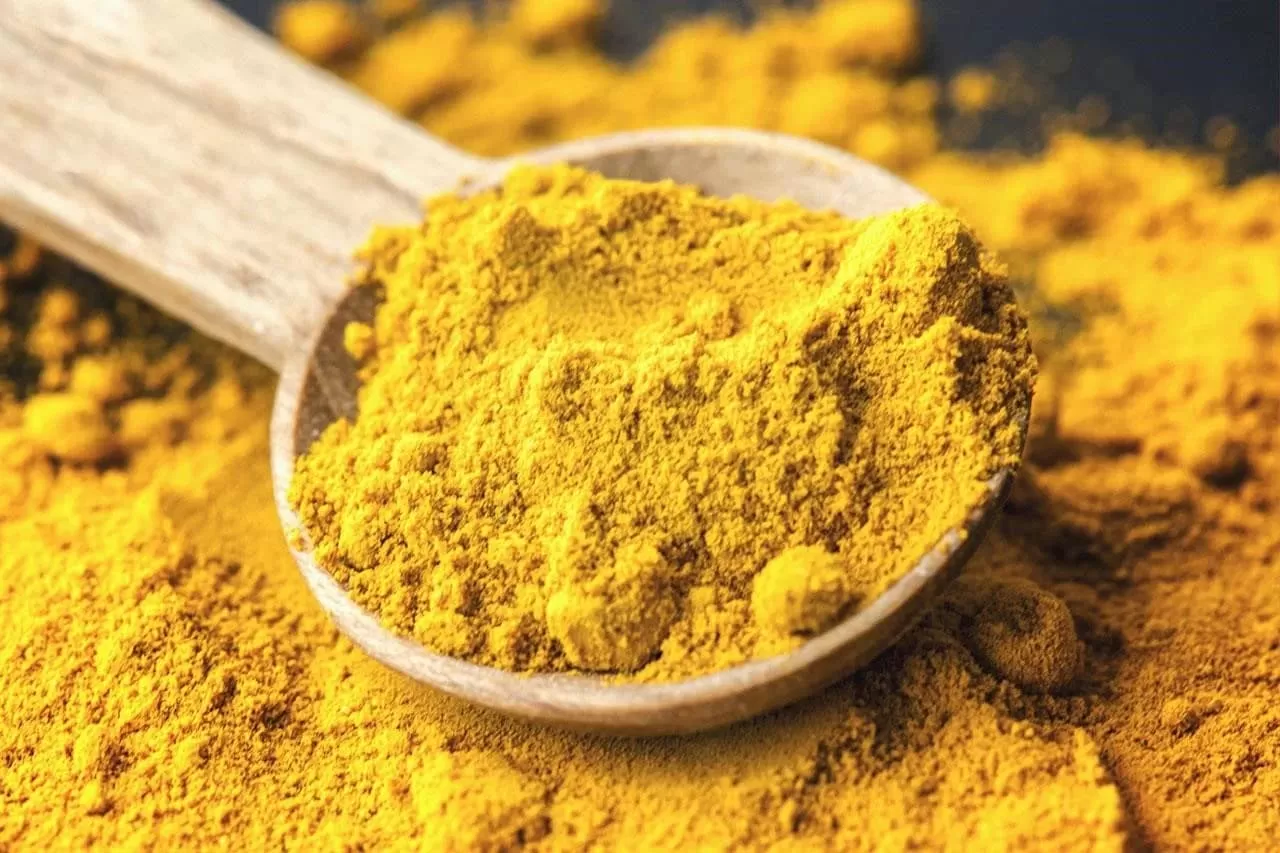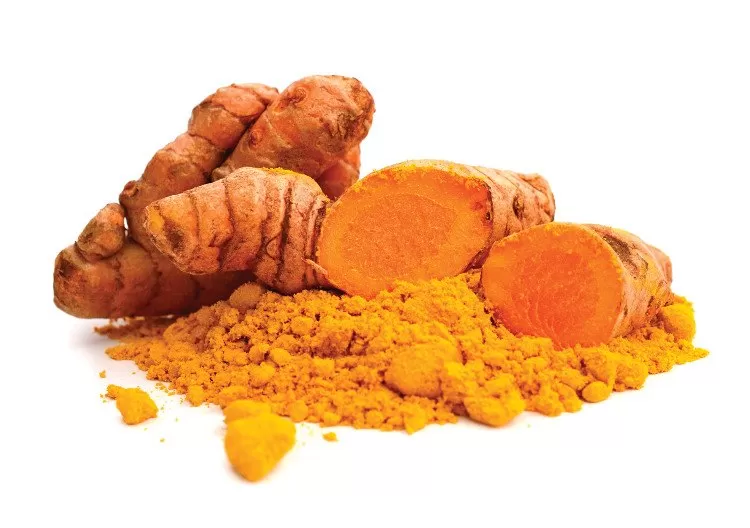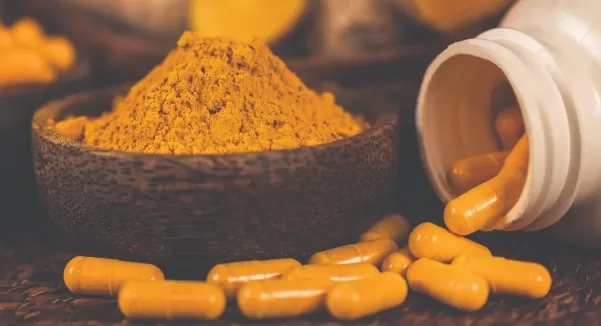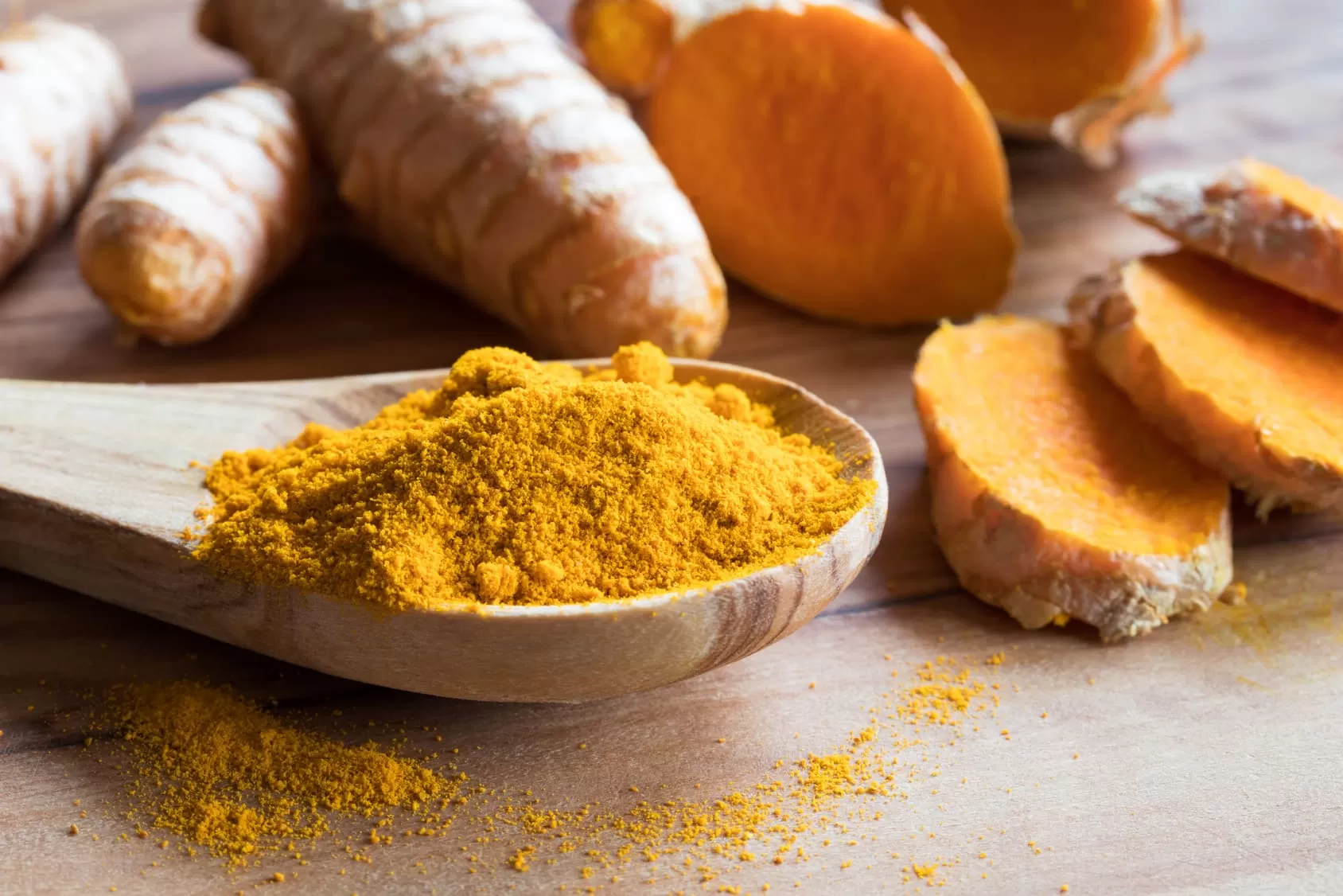- 0086-571-85302990
- sales@greenskybio.com
Turmeric vs. Curcumin: Which is Better?
2025-04-28

In recent years, interest in natural remedies and supplements has surged, with turmeric and Curcumin leading the charge due to their potential health benefits. Despite their popularity, many people remain unclear about the distinctions between these two substances. While turmeric is a well-known spice that has been used for centuries in culinary and medicinal contexts, Curcumin is one of the active compounds found within turmeric. This article aims to clarify the differences between turmeric and Curcumin, evaluate their respective benefits, and assess which is superior.
Decoding Turmeric
Turmeric is a bright yellow spice derived from the root of the Curcuma longa plant, a member of the ginger family. It has been used for centuries in Asian cuisine, imparting flavor and color to dishes such as curry. In addition to its culinary applications, turmeric is revered in traditional medicine, particularly in Ayurvedic practices, for its alleged healing properties.
The spice contains several bioactive compounds, with curcumin being the most studied and recognized for its potential health benefits. However, it is important to note that curcumin comprises only about 2-8% of turmeric by weight. Other components of turmeric include volatile oils like turmerone, as well as proteins, fats, sugars, and essential minerals.

Curcumin: The Active Constituent
Curcumin is a polyphenolic compound that has been extensively researched for its therapeutic potential. It is primarily responsible for most of turmeric’s medicinal properties, including its anti-inflammatory and antioxidant effects. These attributes suggest that curcumin may be beneficial for a variety of health conditions, such as arthritis, cardiovascular diseases, and certain types of cancer.
Despite its promising benefits, curcumin is naturally poorly absorbed by the body, which poses challenges for its effective use as a treatment. To address this, curcumin supplements are often formulated with piperine, a component found in black pepper, which significantly enhances curcumin absorption. This combination aids in delivering a higher concentration of curcumin to the bloodstream when compared to consuming turmeric alone.

Health Benefits and Scientific Evidence
Numerous studies have explored the health benefits of both turmeric and curcumin, focusing on their anti-inflammatory, antioxidant, and anti-cancer properties.
Turmeric: The use of turmeric in traditional medicine spans a range of applications, from digestive issues to wound healing. Scientific investigations have supported some traditional claims, indicating turmeric's potential to tackle chronic inflammation and improve digestive health. Some studies have shown that turmeric may help alleviate symptoms associated with irritable bowel syndrome and ulcerative colitis.
Curcumin: As the standout component in turmeric, curcumin has garnered substantial scientific interest. Researchers have explored its effectiveness in reducing systemic inflammation, due to its ability to inhibit key pathways in the inflammatory process. In particular, curcumin is investigated for its role in managing arthritis symptoms and its potential to protect against neurodegenerative diseases like Alzheimer’s. Additionally, curcumin exhibits powerful antioxidant activity, neutralizing free radicals and mitigating oxidative stress, which is associated with aging and chronic diseases.

Comparing Turmeric and Curcumin
As the active ingredient in turmeric, curcumin is a concentrated source of the health benefits associated with the spice. When taken in supplement form, curcumin delivers a higher dosage directly, maximizing therapeutic effects in a way that consuming turmeric alone may not achieve. However, turmeric itself contains additional compounds that may contribute to its health benefits, potentially offering a broader range of effects.
Absorption and bioavailability are critical factors to consider when comparing the two. The low bioavailability of curcumin in turmeric may limit its effectiveness. Curcumin supplements formulated with absorption-enhancers—such as piperine—can offer a significantly higher level of curcumin in the bloodstream, allowing for better therapeutic results.
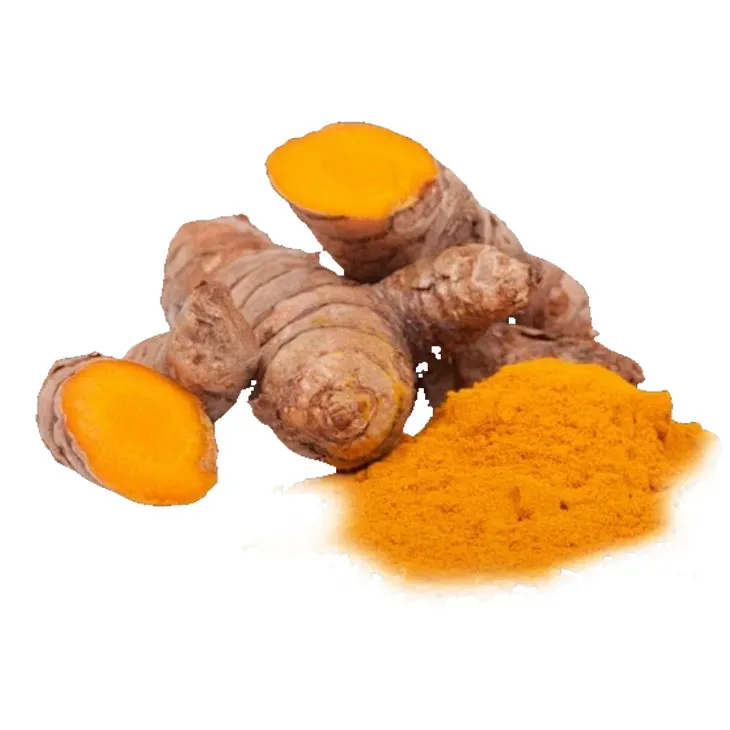
Which is Better?
The choice between turmeric and curcumin may ultimately depend on individual health goals and preferences. For those seeking a holistic approach with a wide array of benefits and traditional applications, incorporating turmeric into the diet may suffice. Turmeric can easily be added to foods, providing not only curcumin but also other beneficial compounds found in the whole spice.
On the other hand, individuals targeting specific health issues—especially those related to inflammation—might prefer curcumin supplements. Curcumin's concentrated formula and enhanced absorption make it a potent option for those seeking targeted therapeutic effects.
Besides personal health goals, access, cost, and dietary considerations might influence the decision. Curcumin supplements, with their advanced formulations, might be more expensive and less accessible than the spice itself.
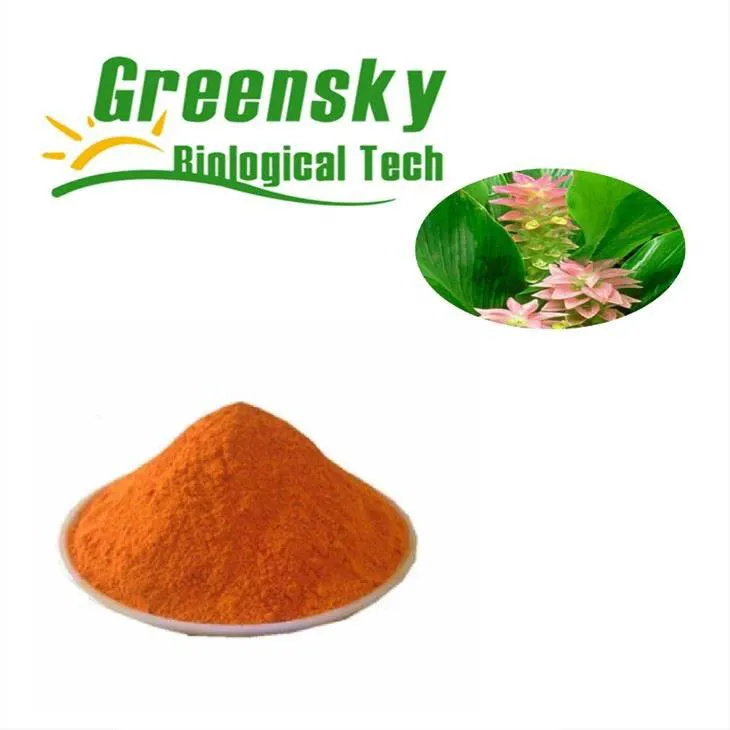
Conclusion
Understanding the relationship and differences between turmeric and curcumin is essential in making an informed choice about their use. Both offer unique benefits, and the decision between them depends largely on desired health outcomes and personal needs. Whether opting for turmeric as a flavorful addition to meals or choosing curcumin supplements for their enhanved potency, each approach offers potential paths for improving health. As research continues to expand our understanding of these compounds, consumers will be better equipped to integrate these powerful natural substances into their health and wellness practices.
- ▶ Hesperidin
- ▶ citrus bioflavonoids
- ▶ plant extract
- ▶ lycopene
- ▶ Diosmin
- ▶ Grape seed extract
- ▶ Sea buckthorn Juice Powder
- ▶ Beetroot powder
- ▶ Hops Extract
- ▶ Artichoke Extract
- ▶ Reishi mushroom extract
- ▶ Astaxanthin
- ▶ Green Tea Extract
- ▶ Curcumin Extract
- ▶ Horse Chestnut Extract
- ▶ Other Problems
- ▶ Boswellia Serrata Extract
- ▶ Resveratrol Extract
- ▶ Marigold Extract
- ▶ Grape Leaf Extract
- ▶ blog3
- ▶ blog4
- ▶ blog5
-
What is the most effective form of curcumin?
2025-04-28
-
Is curcumin good for the liver?
2025-04-28
-
Can curcumin have side effects?
2025-04-28
-
Curcumin Extract: When Should You Take It?
2025-04-28
-
Epimedium extract powder
2025-04-28
-
Milk Thistle Extract
2025-04-28
-
Gynostemma pentaphyllum extract
2025-04-28
-
American Ginseng Root Extract
2025-04-28
-
Marigold Extract
2025-04-28
-
Aguaje Extract
2025-04-28
-
Acerola Extract
2025-04-28
-
Hericium erinaceus extract powder
2025-04-28
-
Cassia Seed Extract
2025-04-28
-
Red Wine Extract
2025-04-28











